Tag Archives: microbiome
Guest Posting: Help Crowdfund the Transbiome
Scott Edmunds - March 2, 2021
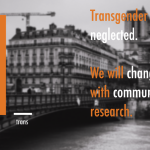
A guest posting with the Transbiome team on their community driven research program using crowdfunding and co-creation to discover the diversity of the neo-vaginal microbiome.
Of Mice and Men (and Monkey) Microbiomes.
Scott Edmunds - August 31, 2018
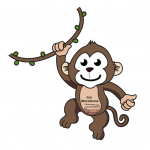
New work in GigaScience introduces the macaque monkey to the microbial gene catalogue club, with the monkey microbiome joining other model organisms.
Community Microbiomes: Chatting Cat Scat with Kittybiome’s Holly Ganz
Scott Edmunds - May 26, 2015
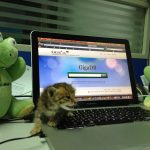
All Cats (Microbiomes) are Grey? Regular readers will have seen our interest in “community genome” projects, supported by crowdfunding and alternative means (fashion shows in case of the “peoples parrot”), and we’ve been pleased to see the Azolla fern and Cactus genome projects that we published guest GigaBlog postings from both achieve their funding targets. […]
New GigaDB Dataset: Ever wondered whats in your gut?
Chris Hunter - July 7, 2014
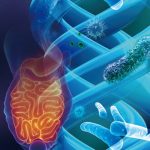
Ever wondered whats in your gut? A new GigaDB dataset provides the most comprehensive catalogue of genes in any single microbiome to date.
Guest posting: Let’s crowdfund a fern genome that will blow your mind
Nicole Nogoy - June 16, 2014
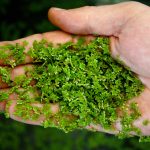
Following our efforts encouraging open-science projects, such as the community funded “Peoples Parrot” and OpenAshDieback, today we have a guest posting from Fay-Wei Li and Kathleen Pryer from the Department of Biology at Duke University covering a crowdfunding effort to sequence the Azolla genome. They have already raised over $4,000 and have 25 days remaining until […]
Moving pictures of the Microbiome in GigaScience
Scott Edmunds - November 27, 2013
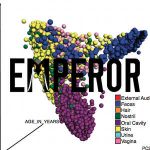
Moving pictures of the Microbiome in GigaScience, all hail the EMPeror, a new tool for visualizing high-throughput microbial community data.